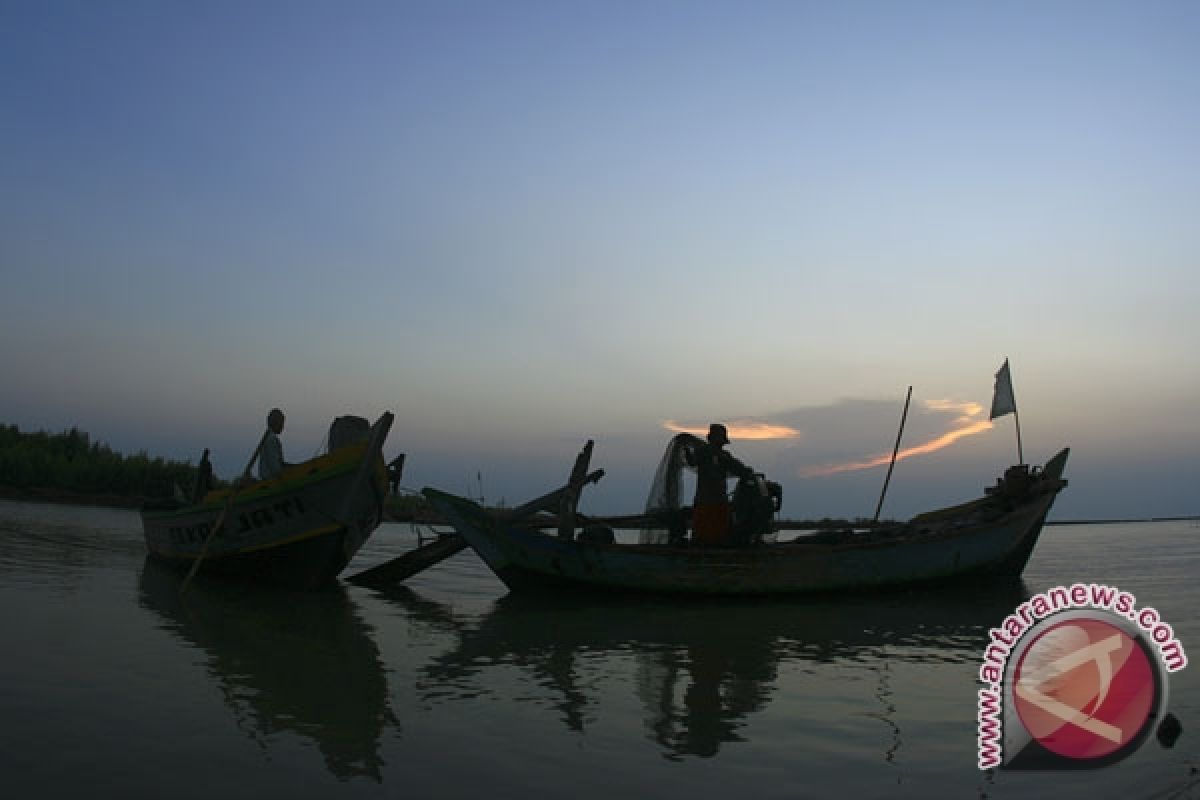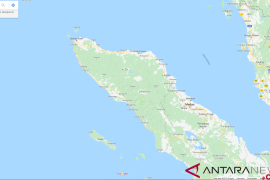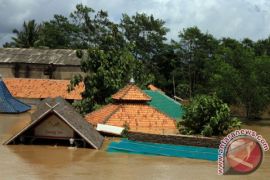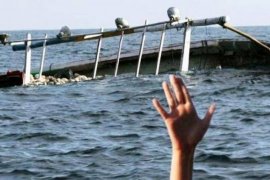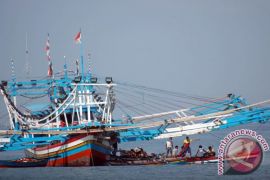"As most Bengkulu fishermen are using low-capacity 15-PK fishing boats they can operate only as far as 500 meters from the coastline, relying on the climate and the stars in the sky to guide them in a traditional way," Walhi(Indonesian Environmental Society) Bengkulu chapter Director Zenzi Suhadi said.
A research conducted by the Bengkulu WALHI office in 2000 on the impact of climate change on the fishermen`s activities showed that traditional fishermen had complained about traditional astrology which they have learned from generation to generation, but now could no longer read the chaotic climate patterns.
In the past, they used to be able to read that when the summer and small waves of the west monsoon come, it indicates there will be many lobsters; and when the rainy season and storm come, the undersea current will bring a lot of fish.
"Now, their traditional astrology has been difficult to follow due to the climate change," Zenzi said.
The climate change has affected the weather. The change has occurred since 1997.
Before the impact of the climate change in 1997, fishermen had earned around Rp100,000 to Rp150,000 per day, now just about Rp10,000 per day, he said.
The climate change has also caused coastal abrasion at an average of 100 meters since ten years ago. It made difficult for traditional navigation, especially when traditional fishermen want to land in the beach.
"Majority of fish used to live in the coast, has gone to the middle of the sea. So, if the fishermen want to catch them, they have to have more powerful engines for their boats," Zenzi said.
The dumping of crude palm oil (CPO) waste into the sea has worsened the situation of the fishermen. Recently, thousands of fish had died in Mukomuko beaches because they had been poisoned by CPO waste.
Pollution in Muarabangkahulu River due to wastes from coal and mine and rubber processing industry, has also affected fishing in Bengkulu.
(Uu.F001/H-NG/S012)
Editor: Priyambodo RH
Copyright © ANTARA 2011
